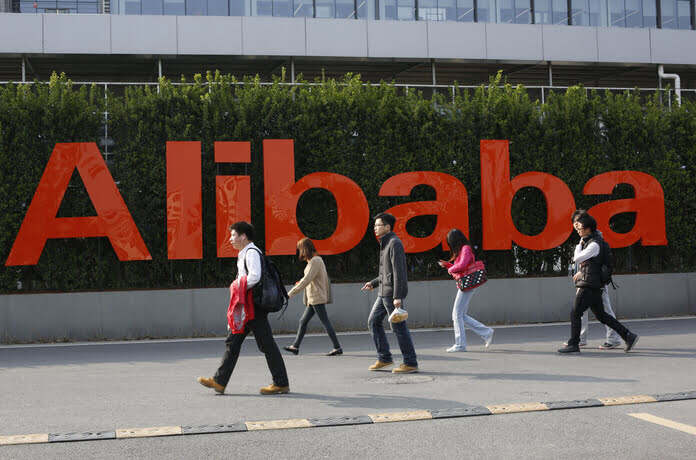Tencent Holdings Ltd. (OTC:TCEHY) has reported a significant 62% surge in earnings, outperforming expectations and highlighting its recovery trajectory. In contrast, Alibaba Group Holding Ltd. (NYSE:BABA) faced a sharp decline in profits, emphasizing the diverging paths of China’s two internet giants during the post-Covid economic recovery.
Alibaba’s net income fell 86% after an unexplained write-down for losses across its investments, which range from AI technology firm SenseTime Group Inc. to retail conglomerate Sun Art Retail Group Ltd. This downturn is compounded by increased spending to fend off rising competitors, with Alibaba’s US-held shares dropping over 7% in early trading in New York.
While both companies reported better-than-expected single-digit revenue growth, their financial outcomes starkly differed. This simultaneous reporting, a rare occurrence, starkly contrasted their financial health. Tencent’s valuation soared to $460 billion, while Alibaba’s dwindled to around $205 billion.
Jeffrey Towson of Techmoat Consulting noted that, unlike Alibaba, Tencent is not facing the same level of competitive pressure and is seeing successful growth in advertising revenue, particularly through its WeChat platform’s TikTok-style video accounts. This feature has attracted significant user engagement, contributing to a 26% rise in advertising sales and supporting Tencent in achieving its highest gross margin since 2016. Shares of Prosus NV, which acts as a proxy for Tencent’s stock, rose by 3.7%.
Alibaba, although experiencing slightly faster revenue growth at 6.6% compared to Tencent’s 6%, reported a larger-than-expected drop in net income. Adjusted earnings before interest, taxes, depreciation, and amortization also fell by 4%. The broader economic challenges, including a property crisis and high youth unemployment, continue to suppress consumer confidence and demand within China.
Alibaba’s leadership, including Chairman Joseph Tsai, remains cautious but hopeful about consumer spending recovery, though they suggest a ‘wait and see’ approach regarding the domestic economy’s rebound. In contrast, competitors like Sea Ltd. alongside Tencent have reported strong performances, according to John Choi at Daiwa Capital Markets.
Alibaba is also navigating through a significant corporate turnaround following a regulatory crackdown that impacted its operations heavily. New CEOs Eddie Wu and Joseph Tsai have shifted focus from ambitious expansions to enhancing customer experience and innovation, particularly in their cloud division which is now aggressively pricing its services to regain market share from competitors like China Telecom Corp. and Huawei Technologies Co.
Meanwhile, Tencent continues to seek its next major hit in the gaming sector, with new releases and strategic launches planned to rejuvenate its gaming revenue.
Both giants face ongoing challenges, but Tencent’s current strategies in advertising and cloud services seem to provide a more immediate payoff compared to Alibaba’s longer-term restructuring and strategic shifts.
Featured Image: Megapixl









